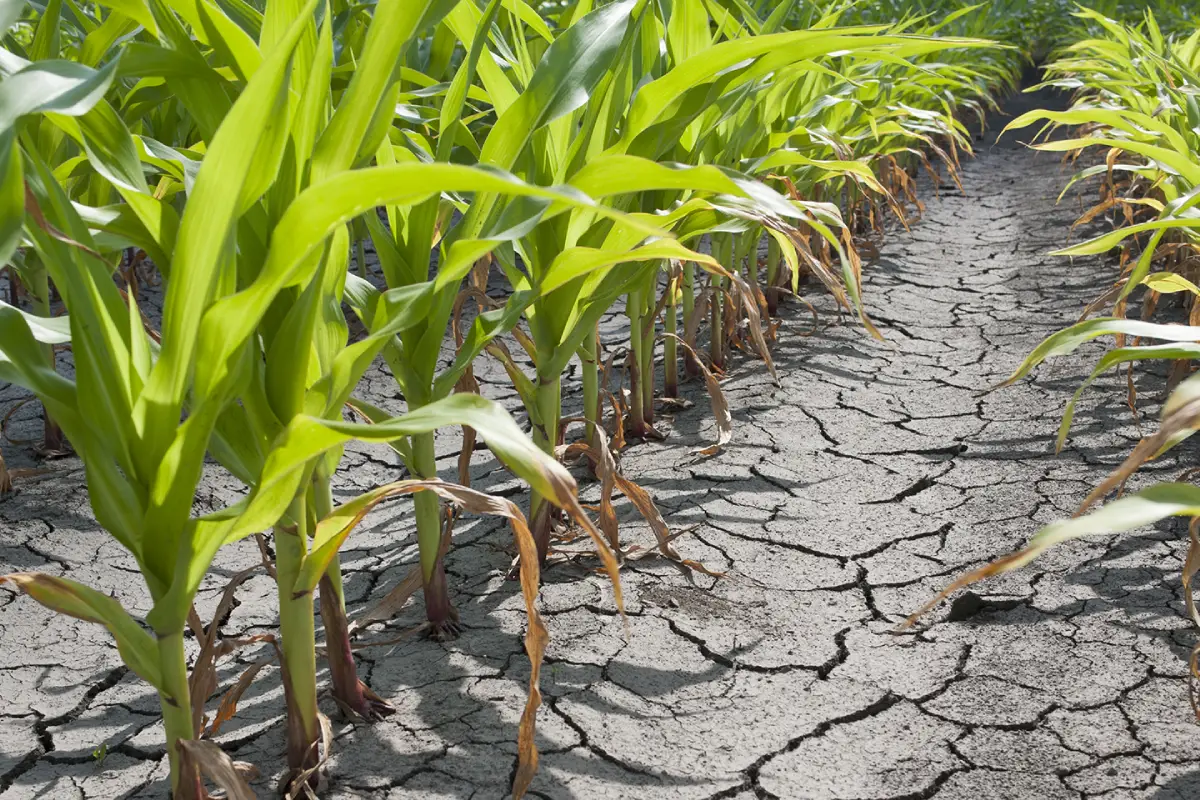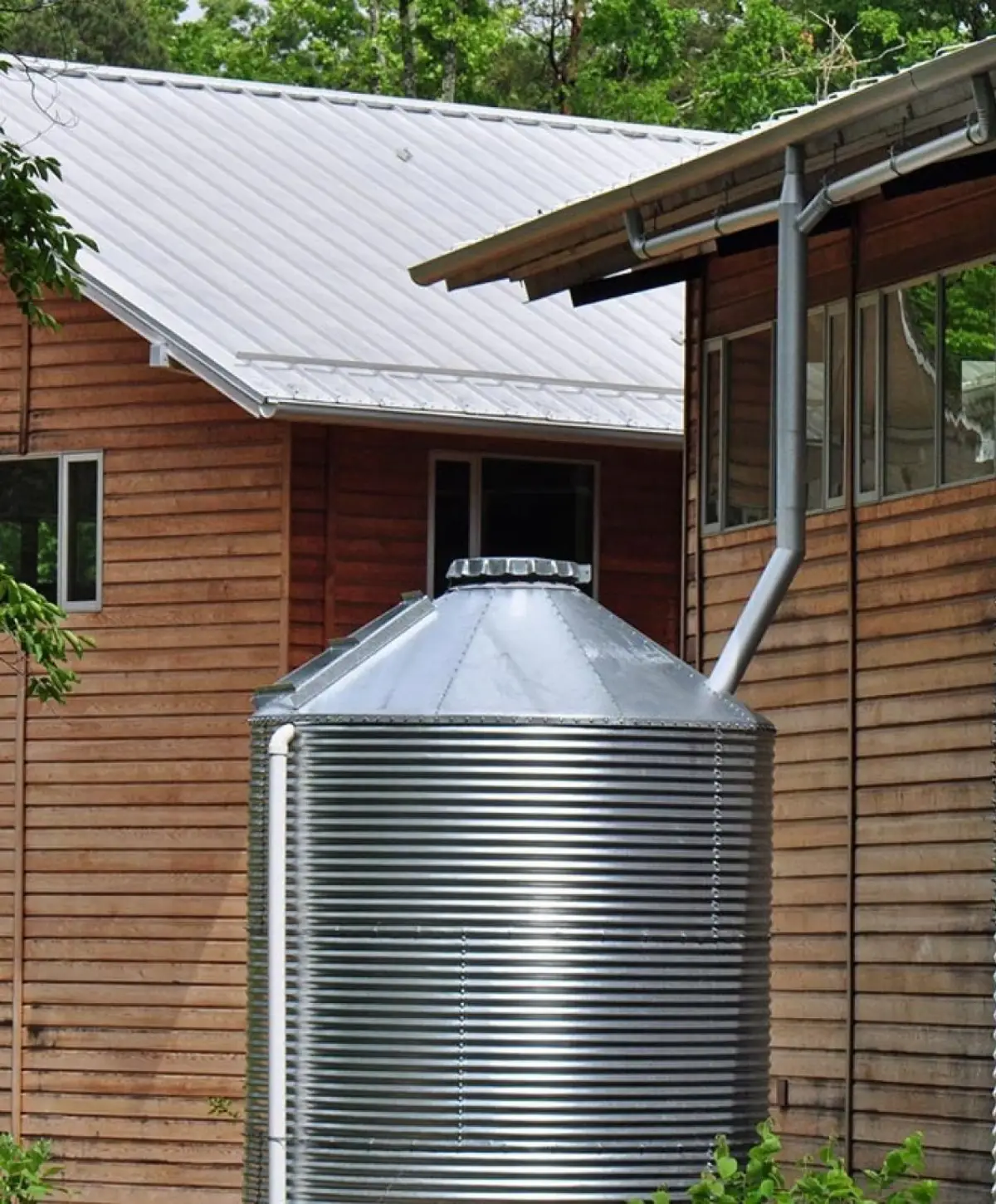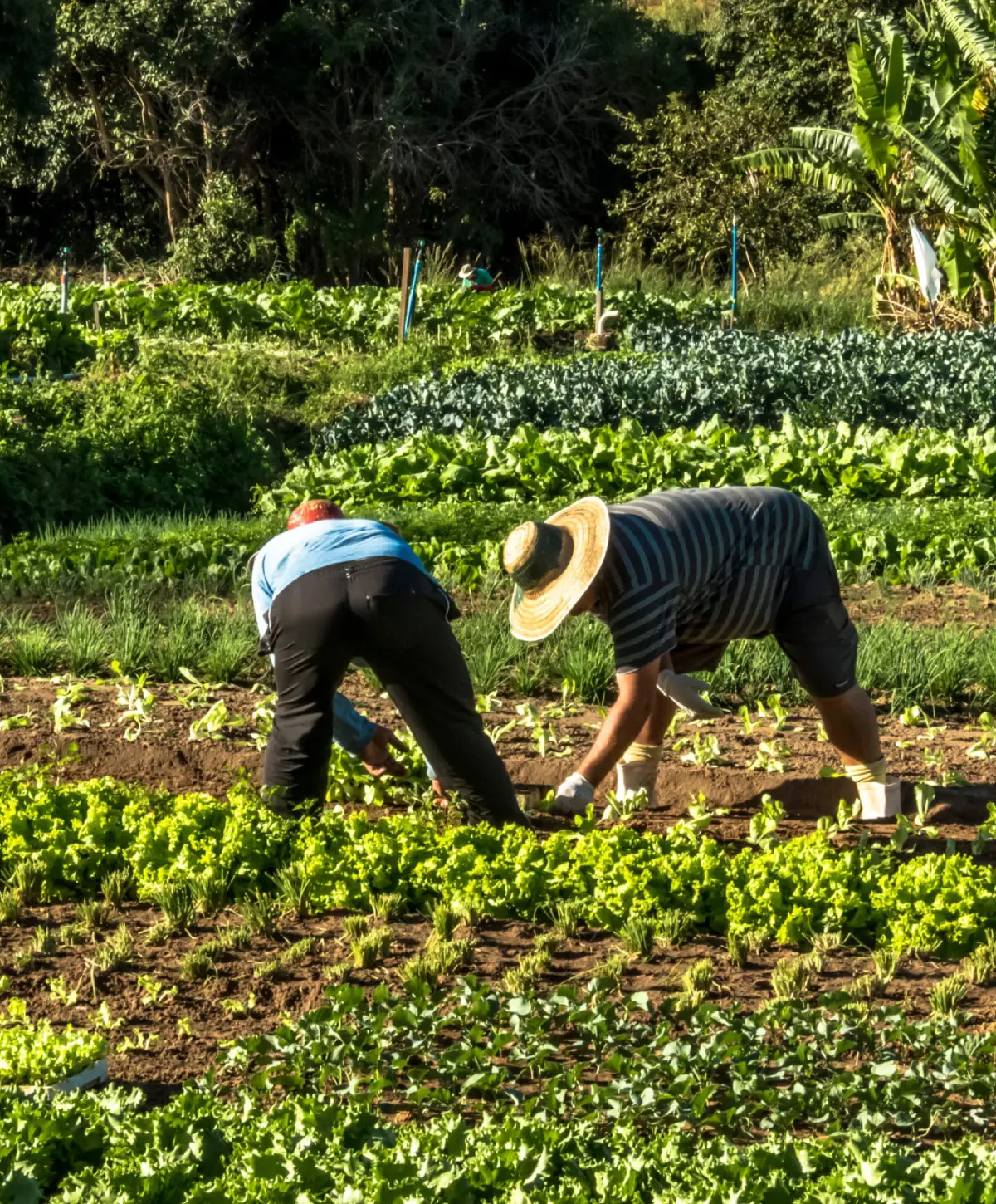Project Objectives
- Restore Water Cycles: Rehabilitate degraded watersheds and wetlands to improve
groundwater recharge and reduce flood risk.
- Build Climate Resilience: Support communities in adopting drought-resistant
agriculture and rainwater harvesting.
- Urban Water Management: Implement green infrastructure (bioswales, permeable
pavements) in flood-prone areas.
- Education & Capacity Building: Train local stakeholders in sustainable practices
and environmental stewardship.
- Policy Influence: Inform government planning with scalable nature-based climate
adaptation models.
Target Areas
Unguja and Pemba Islands, focusing on:
- Coastal protection (mangrove restoration, sea walls)
- Flood-vulnerable informal settlements near Stone Town and Chake Chake.
- Drought-stricken farming communities in central and northern Zanzibar.
Key Activities
| Activity |
Description |
| Watershed Restoration |
Planting of 250,000 native trees and wetland vegetation in 10 critical catchments. |
| Rainwater Harvesting Systems |
Installation of 100 community rainwater tanks (10,000L each) in schools, clinics, and villages.
|
| Agroecology Training |
Capacity building in drought-resilient, organic agriculture for 1,500 farmers. |
| Urban Green Infrastructure |
Creation of 5 demonstration bioswales and 3 permeable community plazas. |
| Flood Early Warning |
Pilot community-led weather monitoring with mobile alerts in 4 districts. |
| Awareness Campaigns |
Environmental education in 50 schools and 20 community centers. |
| Monitoring & Policy Support |
Collaboration with local authorities for long-term planning and impact tracking. |
Budget Breakdown (3-Year Implementation)
| Category |
Cost (USD) |
| Watershed & Wetland Restoration |
$420,000 |
| Rainwater Harvesting Infrastructure |
$350,000 |
| Agroecology & Community Training |
$180,000 |
| Urban Green Infrastructure |
$280,000 |
| Climate Monitoring & Tech (Sensors, Alerts) |
$100,000 |
| Awareness Campaigns & School Programs |
$90,000 |
| Staffing (Project Management, Field Teams) |
$300,000 |
| Monitoring & Evaluation |
$80,000 |
| Contingency & Miscellaneous (10%) |
$180,000 |
| Total Estimated Budget
| $1,980,000
|
Expected Impact
- 100,000+ beneficiaries with improved water access or reduced flood risk.
- 25% reduction in flood-related damages in pilot neighborhoods.
- X25% reduction in water retention in restored catchments.
- Sustainable livelihoods for 1,500+ farmers.
- Enhanced policy alignment with Zanzibar’s National Adaptation Plan and Vision 2050.


